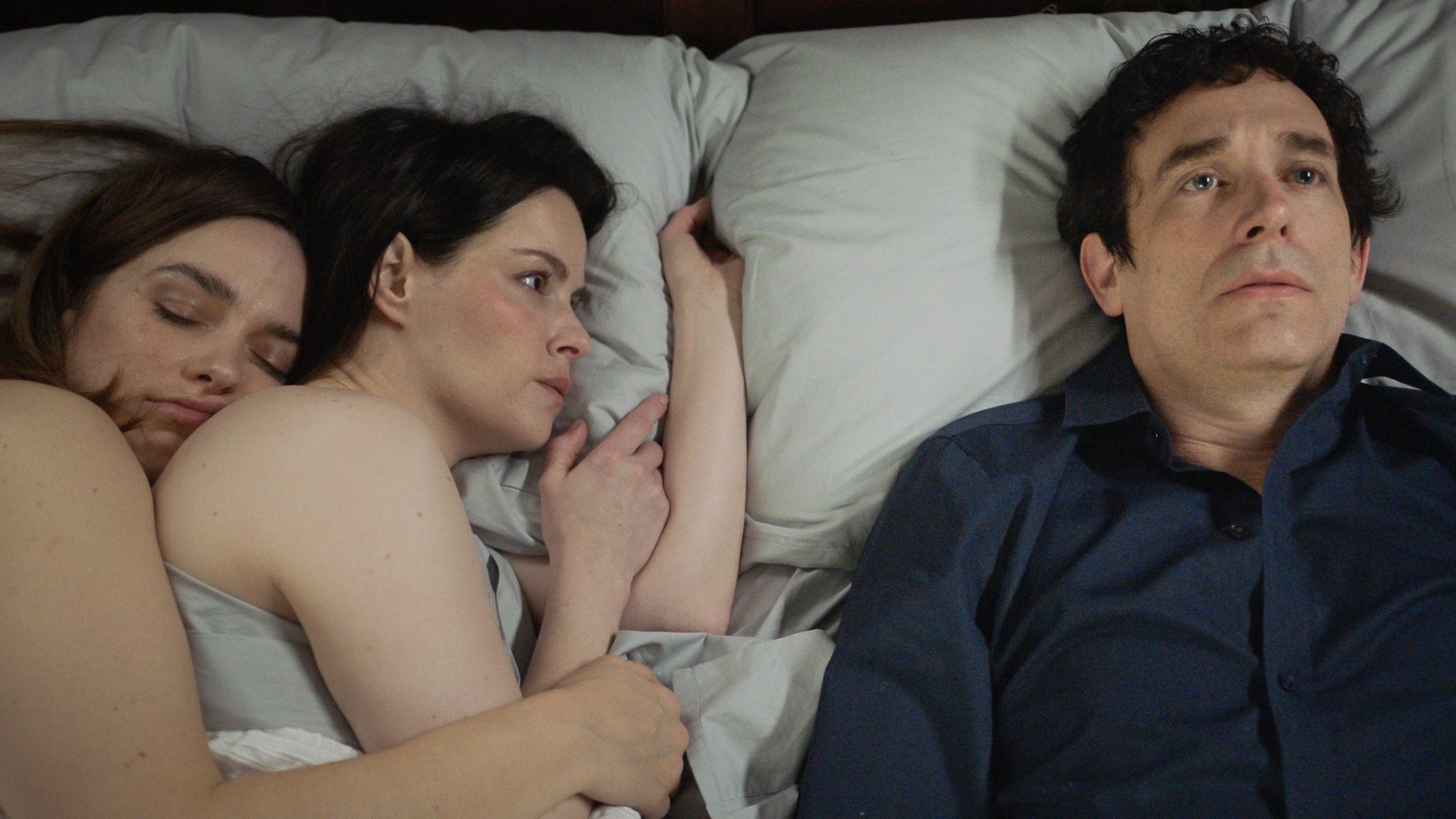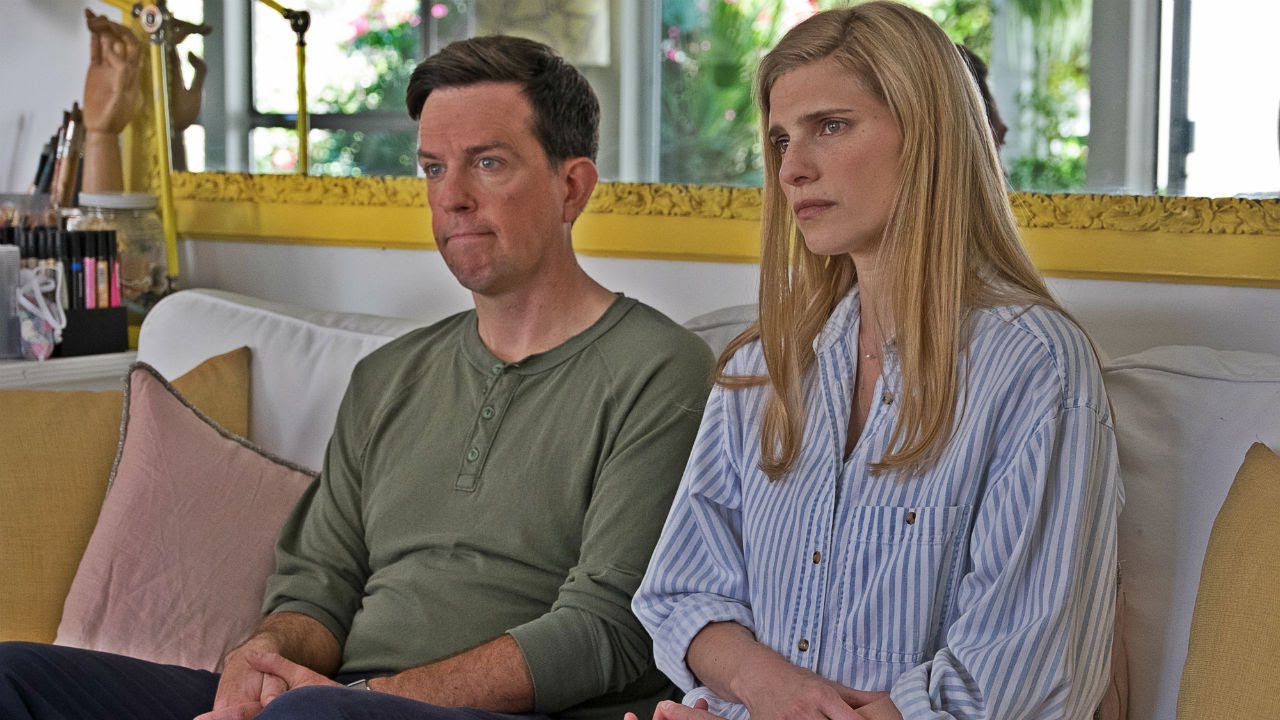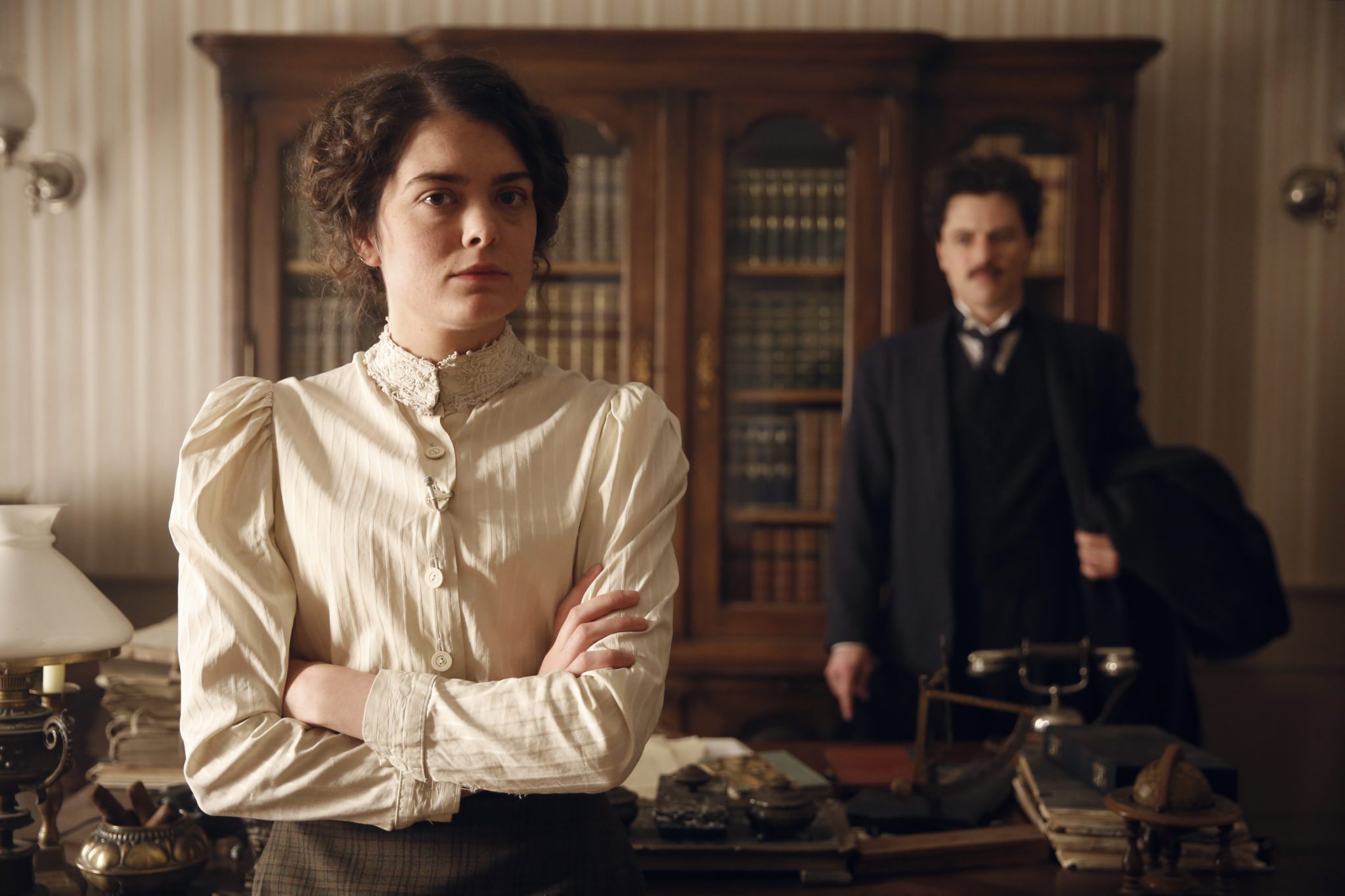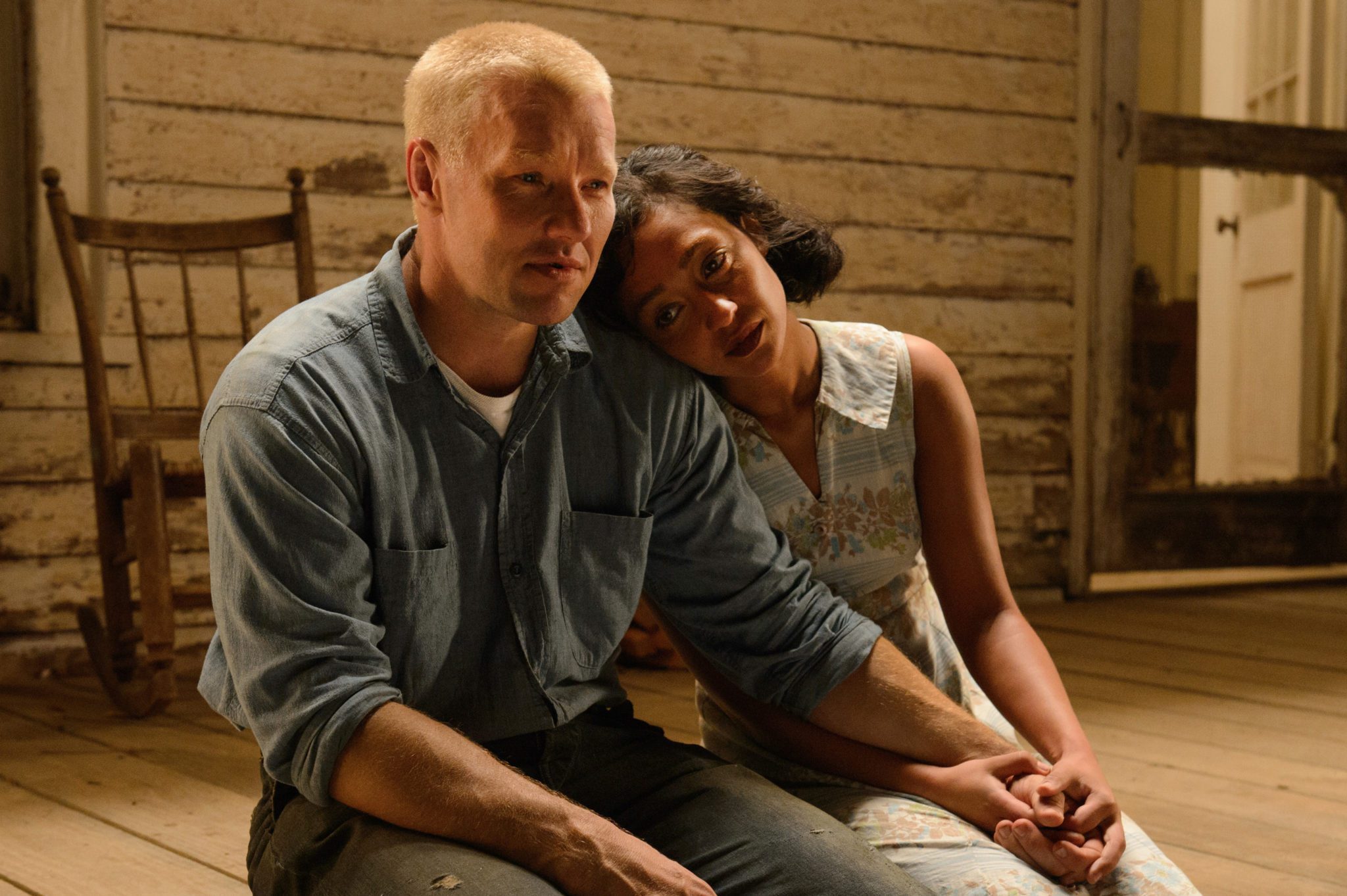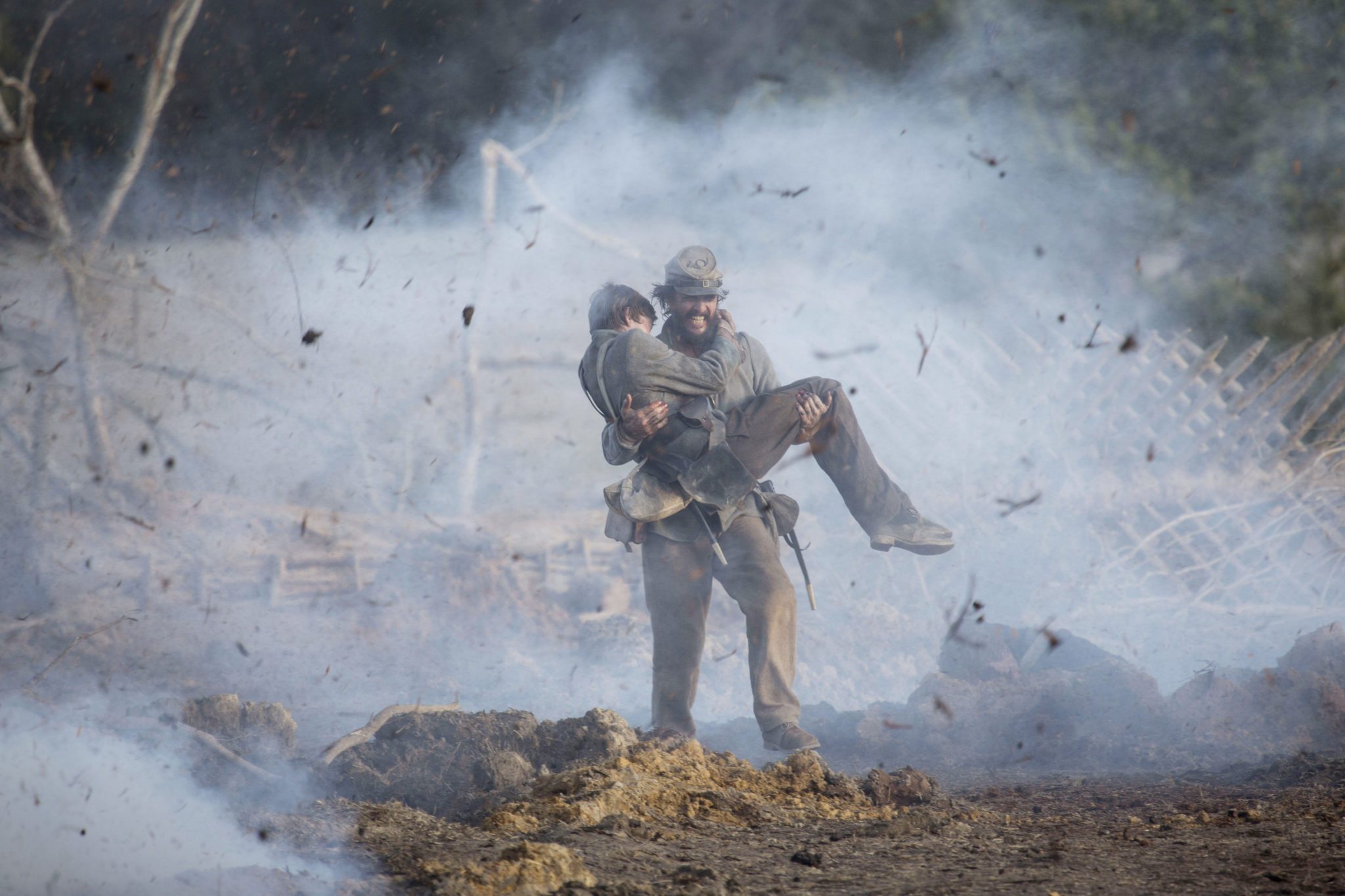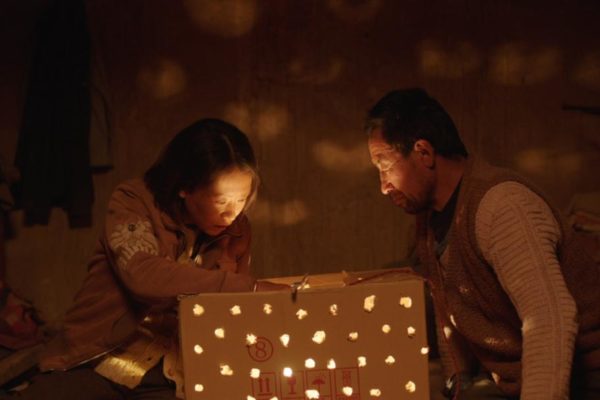
Return to Dust – Marriage and Love
We are accustomed to stories of love and marriage. We almost always think about those two things in that order: first love, then marriage. Return to Dust, from writer/director Li Ruijun, gives us an alternative to the relationship of those two concepts. In rural China, Ma Youtie is paired with Cao Guiying in a marriage…


